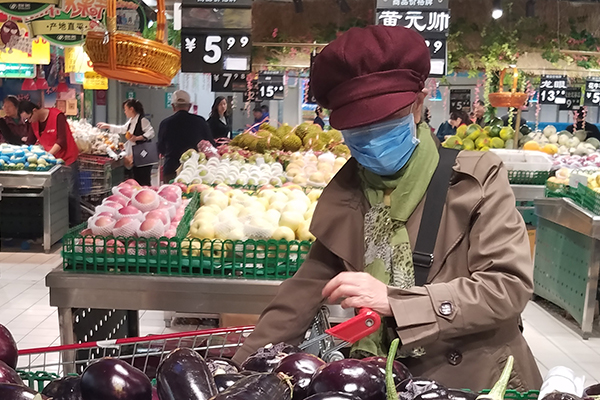
3 - The Inquiry and Writing Process
Building and Communicating Knowledge through Research
In a digital world, students have access to an unprecedented amount of information; in Module 9.3, students cultivate an ability to sort through information to determine its validity and relevance. This module engages students in an inquiry-based research process using a rich extended text, Temple Grandin’s Animals in Translation: Using the Mysteries of Autism to Decode Animal Behavior, to surface potential topics that lead to a process of individually driven inquiry, research, and writing. This process begins collaboratively and guides students through forming effective questions for inquiry, gathering research about a topic of interest, assessing the validity of that information, generating an evidence-based perspective, and writing an informative/explanatory research paper that synthesizes and articulates their findings. Module 9.3 is comprised of three units:
-
Unit 1: Using Seed Texts as Springboards to Research
- Text: Animals in Translation: Using the Mysteries of Autism to Decode Animal Behavior, Chapter 1 by Temple Grandin and Catherine Johnson
-
Unit 2: Engaging in an Inquiry-Based, Iterative Research Process
- Text: “The Brains of the Animal Kingdom” by Frans de Waal
- Text: “Minds of their Own: Animals are smarter than you think” by Virginia Morell
- Text: “Think You’re Smarter Than Animals? Maybe Not” by Alexandra Horowitz and Ammon Shea
- Text: “Monkeys Can Perform Mental Addition” by Duke University Medical Center
- Text: “Animal Intelligence: How We Discover How Smart Animals Really Are” by Edward Wasserman and Leyre Castro
-
Unit 3: Synthesizing Research through the Writing Process

4 - Global Arguments
Analyzing Text to Write Arguments
Module 9.4 shows where an inquiry process can lead, with Sugar Changed the World: A Story of Magic, Spice, Slavery, Freedom, and Science, a nonfiction text derived from inquiry and the collaboration of its authors. This one-unit module provides students with the opportunity to learn new information about the past that informs the choices they make today. This module also invites students to consider the ethics and consequences of their decisions. Students move through Sugar Changed the World with a critical eye, building an understanding of how history helps shape the people, culture, and belief systems of our modern day world. Students apply this lens as they read additional contemporary argument texts related to Sugar Changed the World, considering the structure, development, and efficacy of these authors’ arguments. The module concludes with a culminating argument paper in which students synthesize their understanding of content and the components that interact to create an effective argument. Module 9.4 is comprised of three units:
-
Unit 1: Globalization
- Text: Sugar Changed the World: A Story of Magic, Spice, Slavery, Freedom and Science by Marc Aronson and Marina Budhos
- Supplementary Text: “Globalization” featured in National Geographic
- Supplementary Text: “How Your Addiction to Fast Fashion Kills” by Amy Odell
- Supplementary Text: “Bangladesh Factory Collapse: Who Really Pays for Our Cheap Clothes?” by Anna McMullen
- Supplementary Text: “Where Sweatshops Are a Dream” by Nicholas Kristof
-
Unit 2: Localization
- Video: “Why Eat Local?” video featuring Michael Pollan, Nourishlife.org
- Text: “Why Buy Locally Grown?” featured on dosomething.org